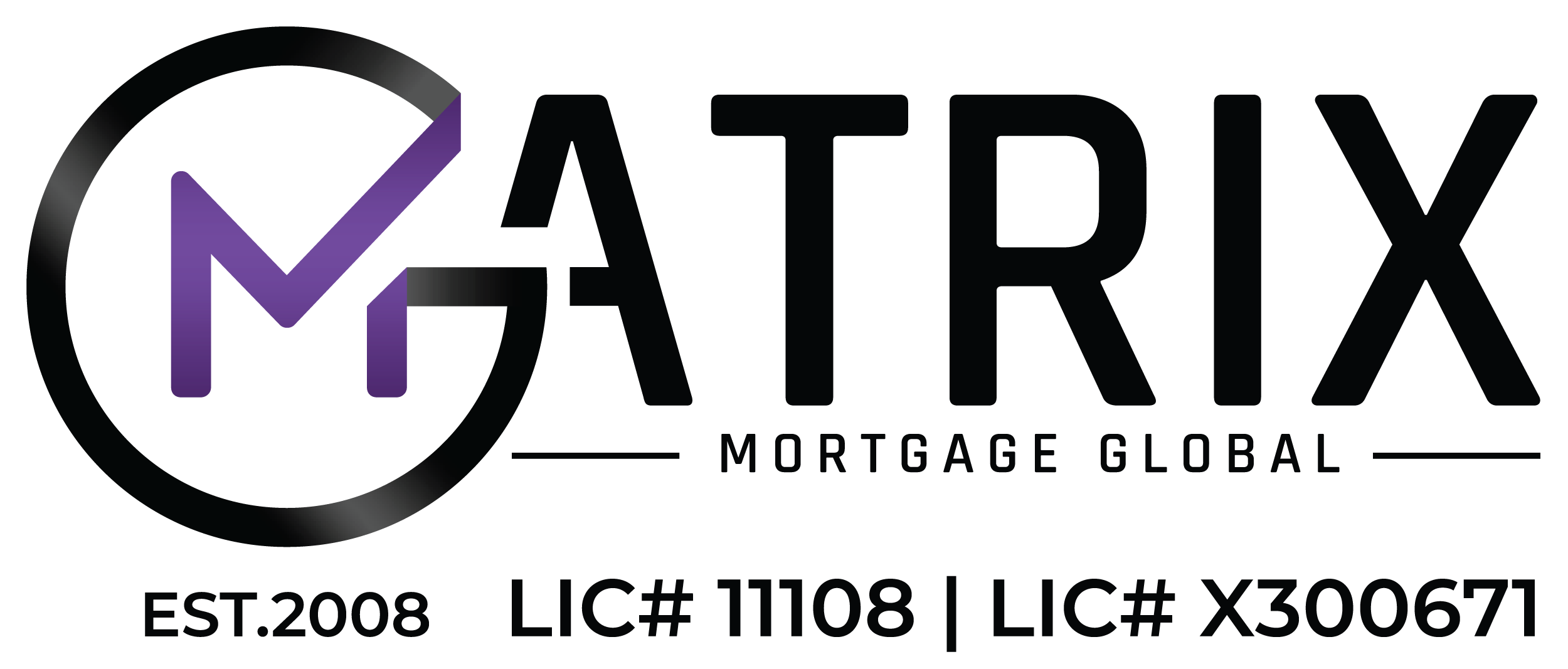
Could a Reverse Mortgage be a good option for you

What a year 2020 has been for the marketplace: massive job losses, an erratic stock market, and low interest rates caused by the pandemic have some Canadian seniors thinking about getting a reverse mortgage. Since March, reverse mortgage borrowers racked up an extra $113.04 million in reverse debt, which is about 30% lower than the same period last year
Reverse mortgage debt reached $4.30 billion in July, up 0.62% from the month before. The Office of the Superintendent of Financial Institutions reports that reverse mortgage debt reached a new record high in July. This represents an increase of 13.63% when compared to the same month last year. That is a huge growth and a new record all-time high.
Despite the rapid increase of reverse mortgages, the rate of borrowing is slowing from all-time highs. The 12-month rate of growth peaked at 57.46% in October 2018, and has been decreasing ever since. This is still above the recent low in December 2019, but it’s generally trending lower.
Let’s be honest, people don’t know where to turn, and the team at Matrix Mortgage Global understands that. The idea of using your home to stay at home is wonderful, but there is a lot to consider to be sure it is a good option for you. Let’s dig into this idea of reverse mortgages.
Reverse mortgages are a unique type of loan. It allows seniors to borrow money against the equity in their house or condo. This loan doesn’t have to be repaid until the homeowner dies, sells the house/condo, or moves out. In exchange for the flexible repayment terms, reverse mortgage borrowers generally pay higher interest rates. If the homeowner dies, sells the home, or moves out, the accrued interest loans and fees have to be paid, but the amount will never be more than the value of the home.
To be considered for a reverse loan, you must be 62 or older, own your own home (or owe only a small balance) and live there. You will need to have a financial assessment done to determine whether you can afford to continue paying your property taxes and insurance. This is where it gets very technical. If the financial assessment finds that you cannot pay your insurance and taxes and have enough cash left to live on, you’ll be denied.
One thing to know about reverse mortgages, especially if you are a senior, is that they can become difficult to pay back. Unlike individuals who are still actively working, money is not always accessible, and this can cause interest rates to rack up quickly, eating away at the equity. Not paying them can result in foreclosure.
We want you to reach out to us with any questions you may have, and one of our qualified professionals will help you make a decision that works best for you.

